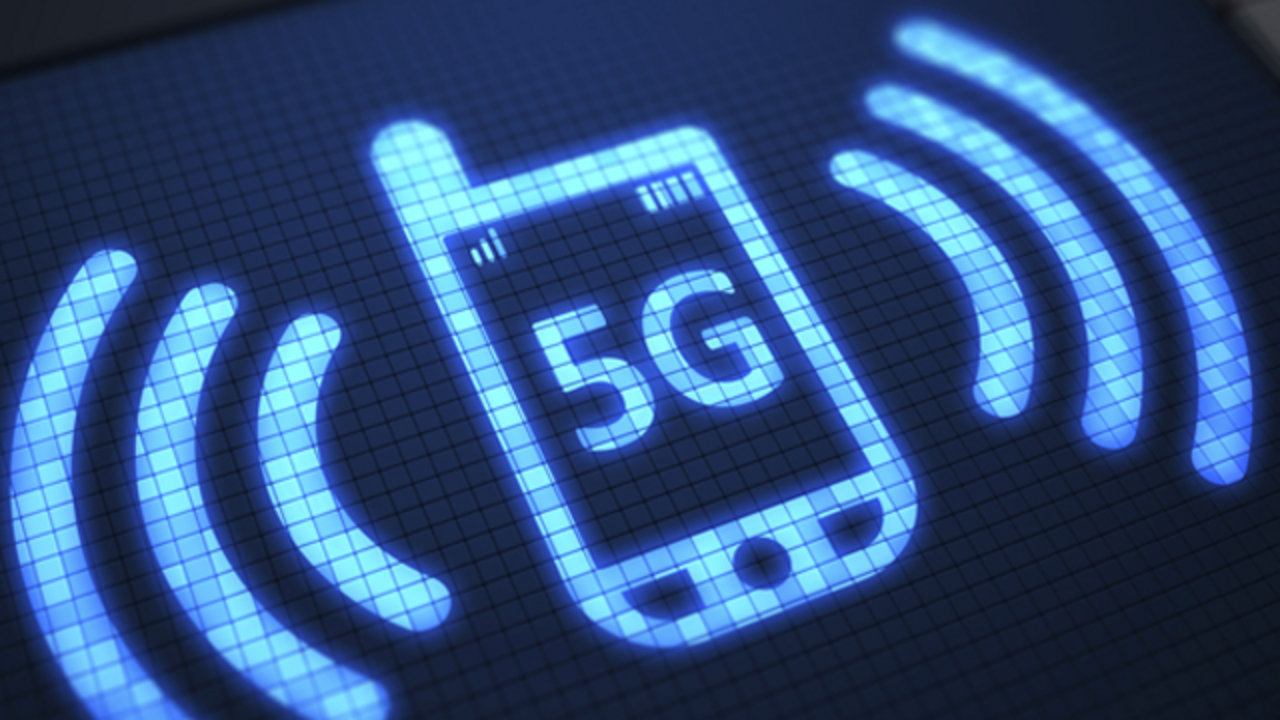Differences in early 5G services will make it a 'marketing headache'
Analysts predict difficulties in 5G marketing as mobile broadband will be key adoption driver

Sign up for breaking news, reviews, opinion, top tech deals, and more.
You are now subscribed
Your newsletter sign-up was successful
“Huge” variations in user experience will make it difficult to operators to market 5G networks to consumers, while limited takeup of Fixed Wireless Access (FWA) broadband and enterprise Internet of Things (IoT) services mean mobile broadband will be the main driver of adoption.
That’s according to analyst firm CCS Insight, which has made 100 predictions for the IT and telecommunications markets for 2019 and the early 2020s.
5G networks will use multiple spectrum bands, such as millimetre wave bandwidth that provides high capacity but low range, and sub-6GHz spectrum such as 700MHz which will be used for coverage.
5G adoption
However, the differing experiences offered by services using different bands will make it hard for operators to convey the benefits as they may not be able to promise a consistent service across all markets.
The report also says that FWA will remain a niche service, while enterprises will wait for coverage, business models and technology to be proven before adopting 5G IoT.
Some features of 5G could be delayed by a renewed focus on security amid concerns the race to be first to market has led to some areas to be neglected, while it is believed that ongoing trade tensions between China and the US will accelerate the former’s rise to leadership by 2020.
It is thought that China could invest more in 5G in 2019 as a result of the dispute, while the recent ZTE sanctions might encourage the creation of a Chinese-developed mobile operating system. CCS believes that 200 million smartphones running such a platform could be sold in 2020.
Sign up to the TechRadar Pro newsletter to get all the top news, opinion, features and guidance your business needs to succeed!
For consumers, it is believed that operators won’t charge a premium for 5G and that unlimited data tariffs will become commonplace in developed markets by 2023.
As for devices, it is expected that Qualcomm will dominate the first wave of 5G-compatible handsets, but foldable handsets will remain a small part of the market due to cost, bulky designs and poor readability until 2022.
It is thought Apple will be a latecomer to the 5G party, but pressure from handsets from Huawei and Samsung will cause it to disrupt its usual release cycle for new iPhones and launch a 5G-compatible device in a month other than September.
- Here are the best mobile phone deals for October 2018
Steve McCaskill is TechRadar Pro's resident mobile industry expert, covering all aspects of the UK and global news, from operators to service providers and everything in between. He is a former editor of Silicon UK and journalist with over a decade's experience in the technology industry, writing about technology, in particular, telecoms, mobile and sports tech, sports, video games and media.